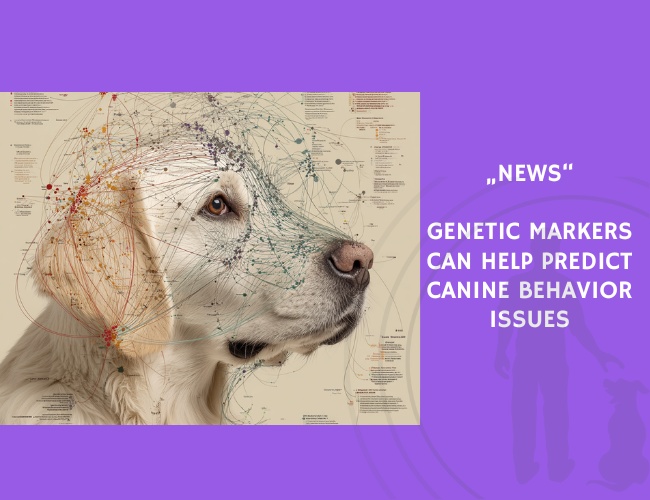In a large-scale analysis published in BMC Genomics, researchers tested whether genetic markers identified in earlier breed-level studies could predict individual canine behavior. The study, led by I. Zapata and colleagues, examined 13 loci in 397 pedigree and mixed-breed dogs, including 122 with veterinary behavioral diagnoses.
The team found support for all tested markers, with eight loci significantly associated with diagnosed behavioral conditions. Logistic regression models showed that certain subsets of these loci could predict specific problems, including aggression, fear, separation-related issues, and coprophagia.
Key findings included links between small body size and higher incidence of problem behaviors, and between large body size and increased trainability. Environmental factors also played roles: children in the home were associated with anxiety traits, illness and other animals in the home with coprophagia, working-dog status with higher energy and separation problems, and competitive status with greater aggression toward familiar dogs but less fear of humans and unfamiliar dogs.
Analysis of Pit Bull-type dogs revealed no defining set of the studied markers and no increased aggression compared to other dogs. However, they were strongly associated with leash-pulling, showed reduced owner-directed aggression at moderate severity, and increased dog-directed fear at extreme severity thresholds.
The authors note that while genetic testing offers promising clinical and breeding applications, careful interpretation is essential to avoid misuse or oversimplification of the results.
Source: Zapata, I., Lilly, M. L., Herron, M., Serpell, J., & Alvarez, C. E. (2022). Genetic testing of dogs predicts problem behaviors in clinical and nonclinical samples. BMC Genomics, 23, February 7, 2022. https://doi.org/10.1186/s12864-022-08310-7










